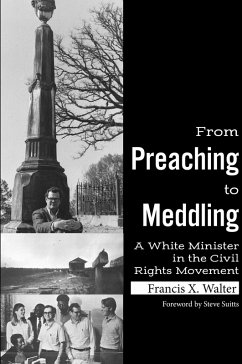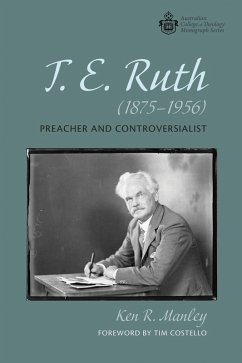In a fascinating memoir, retired Episcopal priest Francis X. Walter shares his journey from the days of the Great Depression in Mobile, Alabama, across decades of Deep South segregation, and into the interracial struggles for racial justice in Alabama. The founder of the Selma Inter-religious Project, Walter grew up in multiethnic, segregated Mobile and learned life lessons at theology schools in Sewanee and New York. Those disparate educations were a prelude to his years as an Episcopal priest navigating how to serve white parishes in Alabama while challenging systemic racism.
Dieser Download kann aus rechtlichen Gründen nur mit Rechnungsadresse in A, B, BG, CY, CZ, D, DK, EW, E, FIN, F, GR, HR, H, IRL, I, LT, L, LR, M, NL, PL, P, R, S, SLO, SK ausgeliefert werden.









